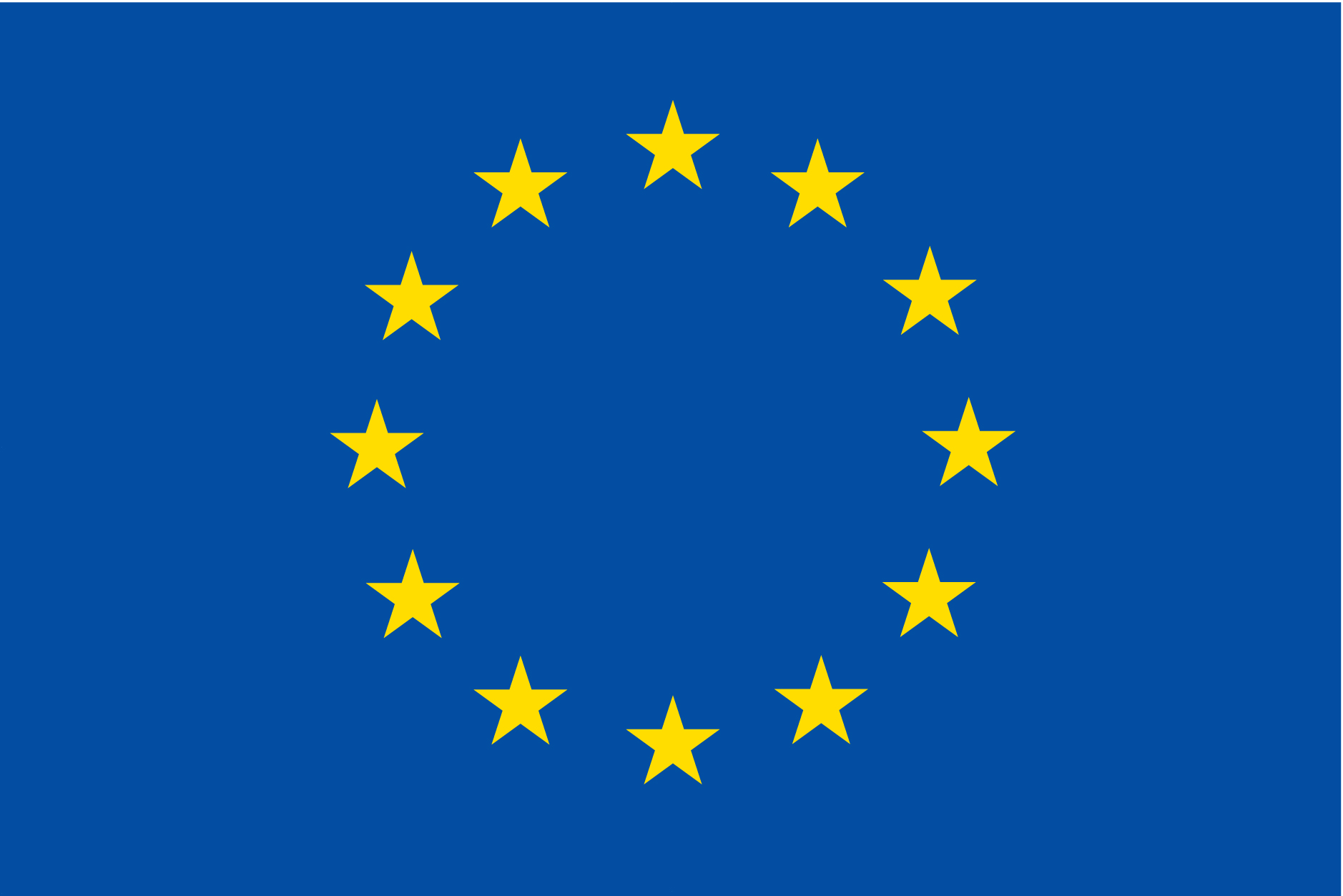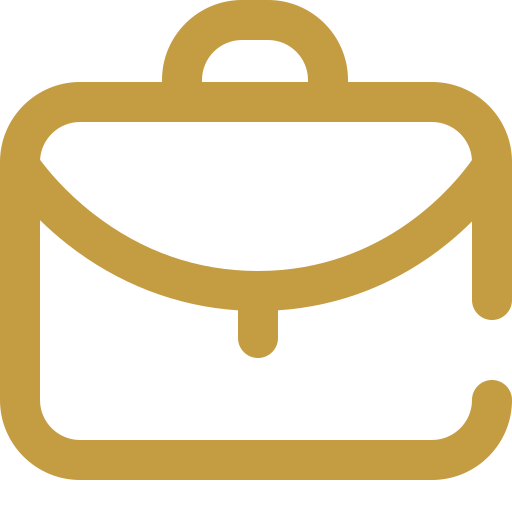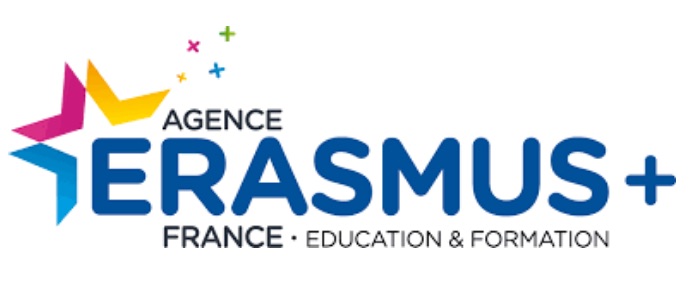
eligibility criteria
All students enrolled at IESM, regardless of age or nationality, can study abroad at higher education institutions that have signed the Erasmus Charter and a bilateral agreement with IESM.
necessary conditions to study abroad
- Be enrolled at IESM and AMU during the year or semester before going abroad
- Have passed the first year of bachelor’s studies
- Meet the following nationality criteria: all students who are duly enrolled at IESM are eligible, regardless of nationality; foreign students (from outside the EU) must have a valid residence permit for the duration of their time abroad
requirements before going abroad
To be able to participate in an Erasmus+ study abroad programme, once you have been accepted by the host institution, you must :
- Be enrolled at IESM and Aix-Marseille University for the year of your study abroad. Your administrative enrolment at both institutions is required in order for you to be exempt from paying tuition and social security charges at the host institution and to be able to obtain accreditation for your study abroad period in Europe from IESM and AMU, on condition of passing your tests.
- For non-EU students: have a valid residence permit for France and the host country.
Important: If your French residence permit is not up to date, you may not be allowed back into the country after your study abroad.
The Erasmus programme is open to:
- The 27 European Union Member States: Austria, Belgium, Bulgaria, Croatia, Cyprus, Czechia, Denmark, Estonia, Finland, France, Germany, Greece, Hungary, Ireland, Italy, Latvia, Lithuania, Luxembourg, Malta, Netherlands, Poland, Portugal, Romania, Slovakia, Slovenia, Spain and Sweden
- The following countries: Iceland, Liechtenstein, Norway, Republic of North Macedonia, Serbia, Switzerland and United Kingdom.
Length :
- Study abroad: 3 to 12 continuous months, beginning in the second year of studies, not to exceed a maximum of 12 months per study cycle, with an IESM preference for 1 or 2 complete semesters during the second year
- Work placements abroad: 2 to 12 continuous months, beginning in the first year of studies.
When should you go abroad ?
You must go abroad before receiving your DNSPM. IESM recommends the first semester of your second year (S3).
The place, time during your course and length of your stay must be decided in agreement with the instructor for your primary discipline and the Dean.
This project is funded with the support of the European Commission.

preparing your application
Erasmus+ applications should be prepared between September and February of the academic year before the exchange.
Students are invited to contact the International Relations Office during that time
All forms are to be submitted electronically to erasmus@iesm.fr.
choice of destination and partner institution
Before beginning the process, you absolutely must review the list of existing partnership agreements for your discipline and visit the websites of the listed institutions.
Each existing agreement defines a study abroad period and a limited number of spots, and concerns one or several disciplines.
- Each student can apply to up to three individual programmes.
- Check the websites of the institutions that interest you. There, you will find precious information, especially about the programmes they offer, the teaching language(s) and certain specific requirements.
Contact IESM
- Request information about the conditions for entry into the programme, its dates and processes.
- Meet with the IESM Dean or International Relations Manager to obtain their agreement for your exchange and your choice of host institution and classes.
selection criteria
- Your academic results
- Your language skills
- Your educational project
- Your prior participation in Erasmus+
documents and forms to submit
Upon arrival :
Erasmus+ certificate of arrival: document which your host institution must sign on your arrival and which you must then return to IESM’s International Relations Manager.
Important! Any delay in returning this certificate will automatically lead to a delay in payment of your financial aid.
During your time abroad :
If you need to change any classes, it is essential that you have your learning agreement modified by the diploma’s coordinator and director and then by the Erasmus+ coordinator at your host institution. Then, send the learning agreement “during the mobility” to IESM’s International Relations Manager.
Learning agreement while abroad
Before returning to France :
You must have your attendance certificate completed right before your departure from the host institution and send it to IESM’s International Relations Manager.
Upon your return to France and IESM :
Multiple documents must be given to the International Relations Office upon your return :
- Your learning agreement “after mobility” and certificate of residence
- Your final exchange report (a notification will be emailed to you), to be returned within 30 calendar days of receipt of the notification asking you to do so and to sit the final OLS language test
- Your transcript of records verifying the learning agreement.
All forms are to be submitted electronically to erasmus@iesm.fr.
submission of applications
The call for applications for the Erasmus+ programme for 2022-2023 will be launched in December.
The deadline is usually somewhere between February and mid-March.
Study abroad applications are paperless. No applications are to be submitted in hard copy. Make sure you follow the instructions for the application procedure.
If you are applying to multiple destinations, you will need to submit a complete application for each one. You can also fill in the host institution’s enrolment form. To do this, please contact the International Relations Office.
Form completion
You can apply to up to three destination programmes. Complete the application form and return it in PDF format to erasmus@iesm.fr. All form submissions are final. Incomplete applications will not be processed.
Supporting documentation
Below is a list of all the supporting documentation to attach to your application, in the required format (PDF or JPG):
- Copy of your (valid) official ID card or passport
- A passport photo
- Copy of your latest academic transcript
- Your CV
- Language test (if applicable)
- A cover letter written in a language that is appropriate for the institution and/or instructor that will receive it
- For performers: an audio or video recording (video is preferred for singers), about 20 minutes long, demonstrating your musical capacities
- A letter of recommendation from your primary instructor is always a plus.
Financial aid application
If you plan to apply for one or several study abroad financial aid packages, you will need to indicate that on the form. Make sure you inquire about the available financial aid in advance. Depending on the financial aid you request, additional supporting documentation will be required.
administrative steps for your exchange
Once you have been chosen by IESM and your host institution for an Erasmus+ study abroad programme, here are the next steps.
Production of your learning agreement “before the mobility”: you must have your choice of classes officially approved by the instructor responsible for the IESM component and transmit the finalized agreement, which absolutely must be signed by the Dean, to the International Relations Office.
Important! If your learning agreement is not signed by the Dean, it will be rejected, and your application will be cancelled.
Compulsory language test: to test your language skills, once you have been accepted into the programme, you will have to take a language test on https://erasmusplusols.eu/en (OLS) before and after your exchange.
Don’t forget to enrol at IESM and AMU for the academic year of your exchange programme.


preparing for your trip
Additional information: languages, housing, life abroad, etc. Some tips to help you plan your trip abroad.
Answers to your FAQ:
tuition
Erasmus+ students do not have to pay any tuition to the host institution. They must however continue to pay tuition to their home institution.
Nonetheless, students may be charged fees to cover the cost of insurance, membership in students’ unions, the use of various equipment such as photocopiers, media library fees, public transport charges, etc., just as local students are.
public health cover in programme countries
Because you will still be enrolled at IESM, you will retain your public health cover during your exchange.
Before you leave, get a European Health Insurance Card from the local health insurance office (Assurance Maladie). Your EHIC will be issued, for free, in your name and will be valid for two years.
The benefits will be consistent with the legislation and formalities in effect in the EEA country where you are staying.
The European Health Insurance Card proves your entitlement to health insurance and provides you with cover for any medically necessary treatments during a temporary stay in Europe, on condition that you satisfy the formalities in effect in your destination country.
More information is available (in French) at http://www.ameli.fr.
Supplemental health insurance is recommended. Contact your student health insurance provider for more information.
Erasmus+ Student charter
The Erasmus+ Student Charter outlines your rights and obligations and informs about what you can expect from your home institution and your host institution at each step in your Erasmus+ experience.
students with disabilities
IESM is committed to all our students and guarantees an appropriate welcome, academic support, and equal access and opportunities for mobility.
Additional funding may be allotted to students with special needs, to facilitate their participation in the Erasmus+ programme.
The International Relations Manager will send you an application form for additional funding so you can present the additional costs associated with your disability.
housing
The housing conditions will vary by country and by host institution, between student residence halls, shared flats, etc. Each student is responsible for finding their own accommodation.
language skills
You must have a good understanding of the language of the country where you will be studying. Some institutions have specific requirements, so be sure to check before you leave. To ensure you are as prepared as possible for your departure, please don’t hesitate to request more information from IESM.
Language classes are offered at Aix-Marseille University. Plan ahead for your exchange by enrolling in those classes or optional subjects.
Lastly, look into the language training provided by your host institution.
Erasmus+ Online Linguistic Support (OLS)
All participants in the Erasmus+ programme (study and work placements abroad) must necessarily test their language skills on the OLS online language platform before and after their exchange.
This concerns the following teaching languages: Czech, Danish, Dutch, English, French, German, Greek, Italian, Polish, Portuguese, Spanish and Swedish (with exceptions made for students for whom the teaching language is their native language).

